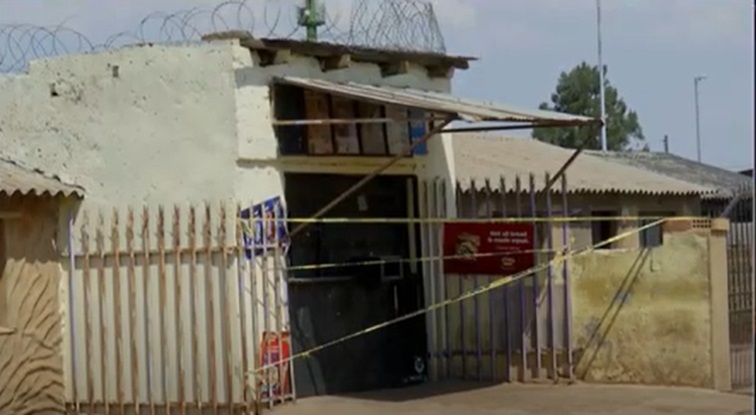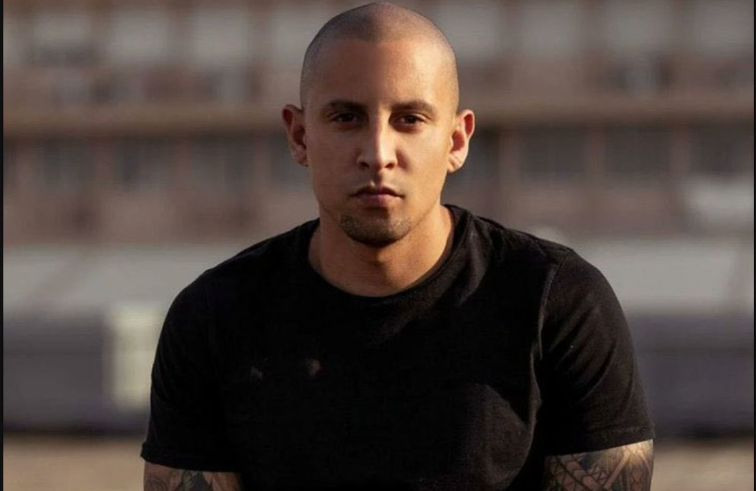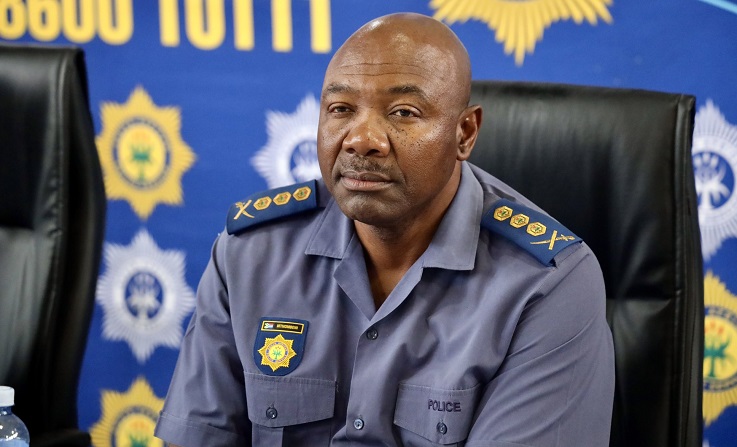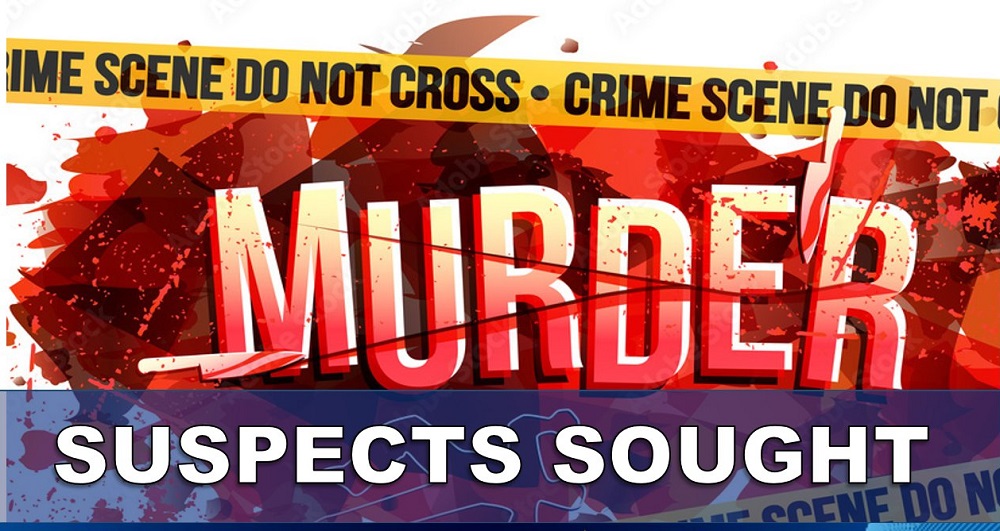-
The spaza shop that allegedly sold snacks to the children that led to them dying from food poisoning in Naledi, Soweto.
The president of Together in Defence of the Township, Sipho Mthembu, has welcomed an announcement by President Cyril Ramaphosa that a joint fund of R500 million will be established to help small businesses.
Ramaphosa said the spaza shops and street vendors that have been implicated in the deaths of South African children in food-borne illnesses will be shut down.
The President addressed the nation on Friday night, giving government’s response as food poisoning cases grow. Ramaphosa said all spaza shops in South Africa have to re-register in 21 days.
Mthembu says the President could have dealt more with illegal foreign owned spaza shops.
“We welcome the President’s announcement of the funds although it’s not sufficient to address the challenges in the township economy but I think it’s a step in the right direction. We also welcome the issue of registering spaza shops and we really hope this process will be done in a transparent and fair manner to ensure that only businesses that are fully compliant are registered. We feel though that the president missed an opportunity to address the issue of illegal foreign owned spaza shops.”
Food Poisoning | President Cyril Ramaphosa lists interventions to combat crisis
The president of the Public Servants Association, John Teffo says government should have given a directive that forbids foreign nationals from operating spaza shops in the country, at the expense of South Africans.
Teffo says government should have stricter regulations when it comes to foreign nationals selling food in the country.
“What we should ask ourselves is to say should we allow foreigners to have their shops in the country. I’ve been to Zimbabwe, to Malawi and other countries in Africa I don’t remember finding a South African having a small shop there. Big corporates ShopRite and so forth maybe if we start there to say if you’re a foreigner and have a business ideas you can only have 40%, the locals must have 60% of that.
It wouldn’t have been a part of requirement to register but now we have 100% of foreigners registering and having spaza shops and they are given opportunities at the expense of South Africans and missed an opportunity completely to correct this problem.”








